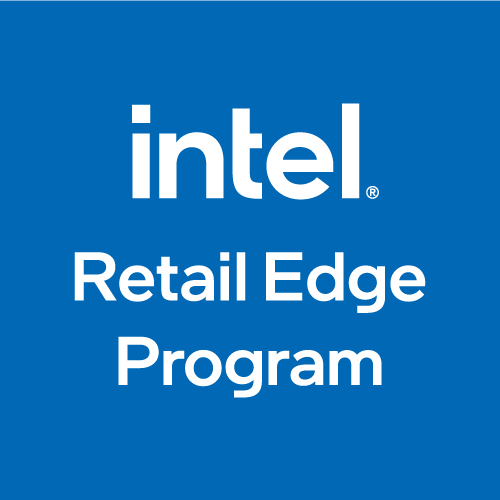12/21/20

Older customers, particularly those who have been out of the workforce for a while, might require more guidance in selecting the right desktop or laptop. This can leave some associates feeling unsure about helping them make the best choices.
There are indeed some basics, including simple sales strategies, that will work across the board. At other times, associates must ask more probing questions to define the customer’s experience and comfort level with computers and their comfort level.
Here are some things associates should keep in mind when assisting associates in understanding how to help older customers.
Some assume those of particular age groups have specific capabilities when it comes to using technology. A few generations, such as Gen Z, have had more available technology than other generations such as Baby Boomers. That doesn’t mean every Gen Zer knows about tech products, and every Baby Boomer doesn't.
A 2019 survey found that 88% of adults between the ages of 50 and 64 use the Internet. The survey also indicates 73% of people over 65 make use of the Internet regularly. These numbers indicate that older adults are far more tech-savvy than some might think.
This doesn’t mean people in these age groups don’t need some guidance and suggestions. Associates should be careful about "talking down" to older customers or accidentally calling into question their knowledge level. Doing so might jeopardize customer loyalty and an otherwise smooth sale.
The fact that someone is older doesn’t mean he or she is retired. Even people who do end their careers often go on to do some other type of work. It’s more common today for people to enter into new jobs than ever. The result is some people enjoy retirement benefits from a previous job even as they keep working in a different field into their seventies and beyond.
What does this mean for associates who are seeking to help their older customers? It means being aware that they may want a computer they can use for work and leisure time. It may also mean they are enjoying a less hectic pace and want computers that make life easier.
Examples include:
Discussing what’s essential to the customer is critical to making a sale and possibly earning repeat business.
Older customers aren't just buying for themselves; they're often buying for others too. They could be shopping for a contemporary or a child or grandchild. Associates should take the time to listen to what the customers have in mind and ask questions about the recipient's likes and dislikes.
For instance, those purchasing devices for their gaming-enthusiast grandkids might not know that processor power is critical to gaming performance. With the right training, sales associates can explain these connections in clear detail.
When associates understand their customers' motivations and intentions, they are better positioned to make relevant suggestions, close sales, and maximize their buying power.
Compared to younger customers who might still be enrolled in school or working at entry-level positions, older adults tend to have more disposable income. As a result, they often look to purchase a complete solution, including the computer and any other accessories or peripherals needed.
Older adult customers are also receptive to recommendations based on durability, longevity, and multi-functionality. Associates should be familiar with the best type of computer for their needs and complementary products to deliver a complete experience and solution.
Not all retailers grasp the value that older customers bring to the table. Savvy retail associates who build rapport with seniors could find themselves with quite a few referrals as well as repeat business from existing customers.
What happens when you welcome this age group as well as others? You get positive word of mouth, repeat customers, and increased brand loyalty.
By encouraging your associates to become familiar with and welcoming older customers into your stores, you tap into an underserved consumer demographic.
Generating sales for any age group requires knowledgeable retail associates. The Intel® Retail Edge Program empowers your team to sell to customers of all ages. Participating in online learning modules, sales tutorials, and more bolsters their knowledge and confidence on the sales floor.
Visit the Intel® Retail Edge Program website to determine how you can set your associates up for success with customers of any age.
This article has been updated and originally appeared here on the Intel® Retail Edge Program.
Notices and Disclaimers
Intel Corporation. Intel, the Intel logo, and other Intel marks are trademarks of Intel Corporation or its subsidiaries.
Other names and brands may be claimed as the property of others.
